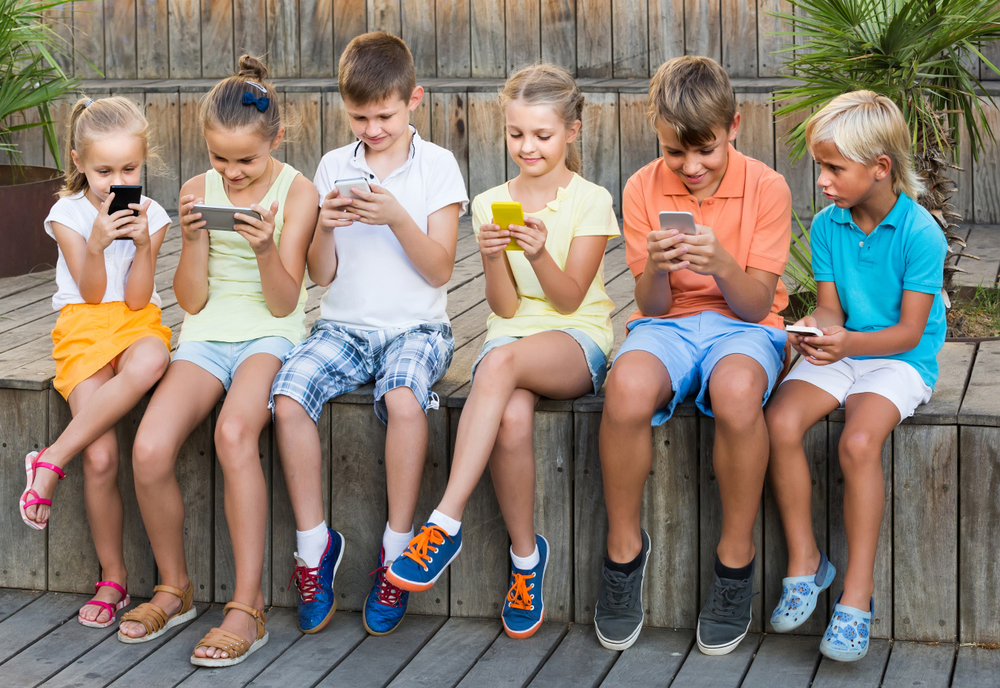
As artificial intelligence (AI) becomes more prevalent in our daily lives, there is growing concern about its impact on children. Some worry that AI could have negative effects on children’s social skills, while others fear that it could lead to radicalization and narrow exposure to new ideas. However, experts suggest that we should hold AI accountable, just as we would humans, and that technology is not inherently good or bad. Rather, it is up to us to ensure that AI is used ethically and responsibly.
While it is true that AI can provide significant benefits in medical advancements, employment, and education, there are potential downsides to consider. For example, AI algorithms like those used on social media platforms tend to feed back information that they already know users are interested in, which can lead to the radicalization of people and limit exposure to new ideas.
Another concern is the psychological tendency for people, especially children, to form attachments to AI devices. This could lead to poor social skills and hesitation to reach out to friends and family for help when needed. However, researchers and developers are working to ensure that AI is used responsibly and are constantly grappling with the best ways to move forward with the technology.
Ultimately, it is up to us to ensure that AI is used ethically and responsibly. As AI continues to evolve and change, we must hold it accountable for engaging in a fair, inclusive, and responsible way. By doing so, we can live as free-thinking humans alongside technology and reap the benefits of this amazing advancement.